The day before filming began for “Lost Ladies,” the director of photography tested positive for COVID.
Suddenly, director Kiran Rao found herself at the top of a front-loaded shooting schedule that included active, bustling train stations in central India — down a D.P., and soon down several cast members while they rotated in and out of isolation and ultimately switched roles. Producer Aamir Khan called it “musical chairs” while marveling at Rao’s ability to put out fires and juggle the day-to-day of set, never halting the shoot throughout. Rao, seated beside Khan at a Q&A for “Lost Ladies” (formerly known as “Laapataa Ladies”) on November 12, smiled and shrugged: “Independent filmmaking!”


“Lost Ladies” tells the story of Phool (Nitanshi Goel) and Jay (Pratibha Ranta), two women who end up swapping places due to a mix-up on a crowded train. Phool ends up stranded at a station with no money, phone, or her in-laws contact information; Jaya, on a mission of her own, ends up with Phool’s husband and family while a shrewd police inspector (Ravi Kishan) tries to solve the case.
Jio Studios head Jyoti Deshpande joined Khan and Rao for the post-screening discussion, calling “Lost Ladies” “a shining beacon” of what her company aims to do. “One of our mission statements is ‘Make in India and show the world.’ I think out of all the stories that we’ve told, ‘Lost Ladies’ is a shining example of what we want to do: take quintessentially Indian stories and celebrate India and Indian culture and Indian voice with the world.”
So far, that mission has been successful, with the film thriving on Netflix since its streaming debut in March and becoming India’s official Oscar submission in October. The film is Rao’s second as a director, and 2010’s “Dhobi Ghat” is urban, naturalistic, and somber — almost diametrically opposed to the cheeky comedy of errors that unfolds in “Lost Ladies.”
“It’s a very, very tough genre to crack — the nuances that Kiran has been able to weave, the layers,” Deshpande said. “Every time you see the movie, you discover a new layer in the character. You discover a new favorite moment in the film. I think that’s so important, to be able to tell these stories effectively such that they are accessible to a whole different world out there. They are not limited by language. They are language-agnostic, they are geography-agnostic.”

That subtlety was integral to not only empowering the film’s female characters, but the men who turn out to be unexpected allies along the way. Even Kishan’s smarmy inspector has his moments, while the bulk of the film’s empathy is embodied by Phool’s husband Deepak (Sparsh Srivastava).
“It was an opportunity to really create a truly heroic character who was so cut from such different cloth,” Rao said of Deepak. “We really leaned into that… I think it’s incredibly important, because we are in this together. I have been supported by incredible men (one is one sitting next to me). I truly believe that we can do this if we are doing it together. There are lots of men out there who support us, and the important thing was to kind of present that perspective; you can cry, you can be ‘weak,’ and still be very much a supportive man.”
Khan, a decorated actor himself, also praised Srivastava, and teased Rao for not casting him in Kishan’s role. “I offered her one star and she didn’t take him,” he quipped, though obviously content in his capacity as producer.
“I think women should help men, and the other way around, men should help women,” Khan said. “For me it comes naturally — not because I see it as male and female; I just see it as human beings. It’s so odd that if someone is getting such an unfair deal, how can you just stand by and watch it?”
It’s a sentiment shared by the entire production team (Rao representing her new imprint, Kindling Pictures) as “Lost Ladies” continues to spread around the world in hopes of getting closer to an Oscar. For Rao and Deshpande in particular, the film’s themes of empowerment couldn’t hit closer to home, especially in the film industry.
“I think it’s not just a responsibility, but it’s an ownership thing,” Deshpande said. “We have to pay it forward. We have to tell these stories. I actively want to do this, and I look for stories, look for makers… these little stories, when they shine bright, it gives me a sense of purpose.”
“Lost Ladies” is now streaming on Netflix.
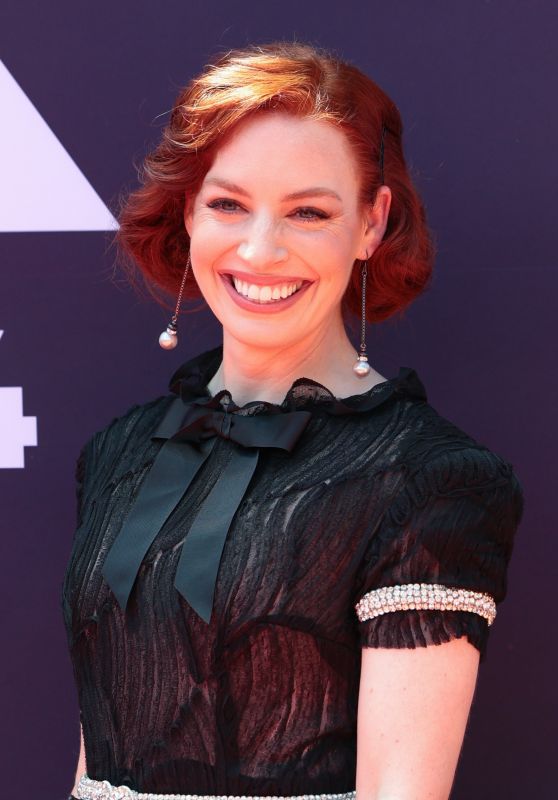

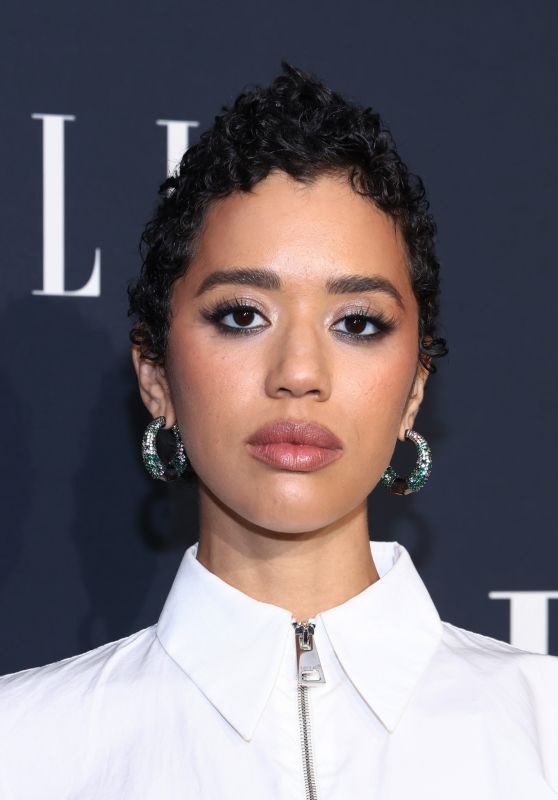
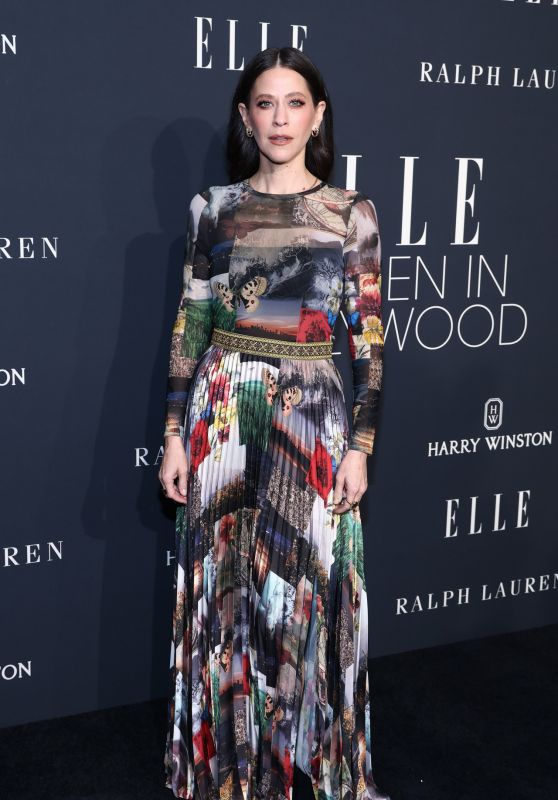

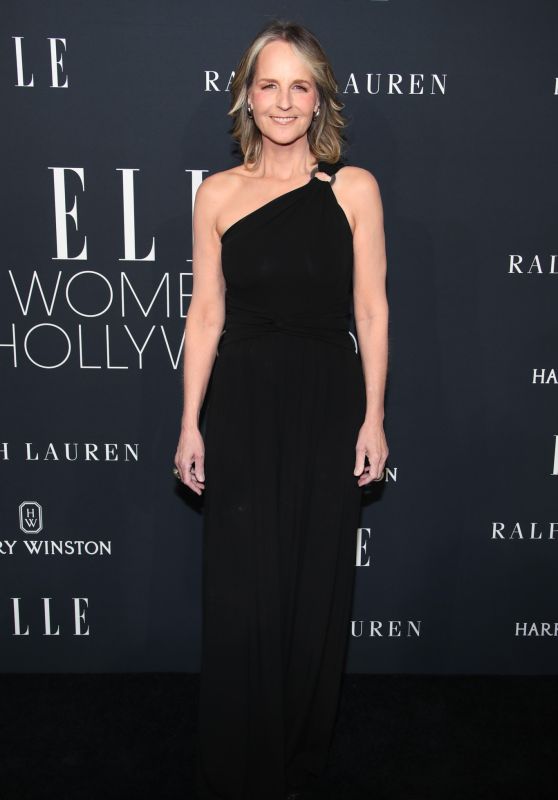
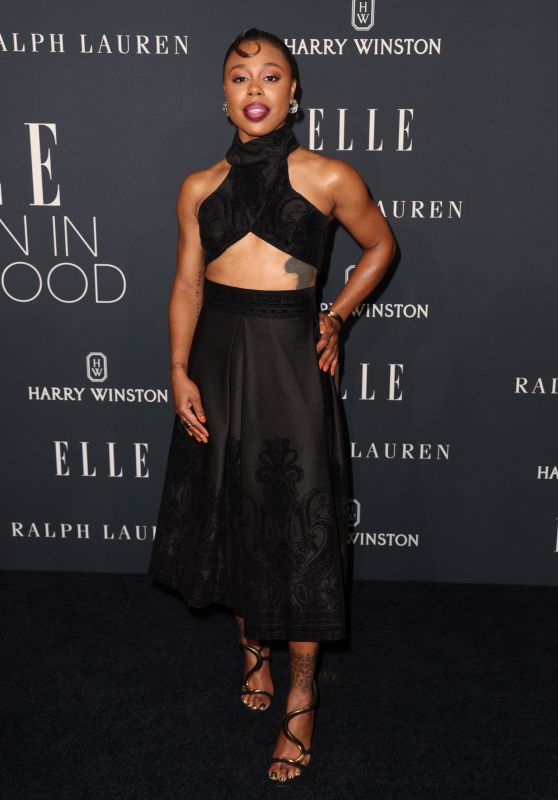
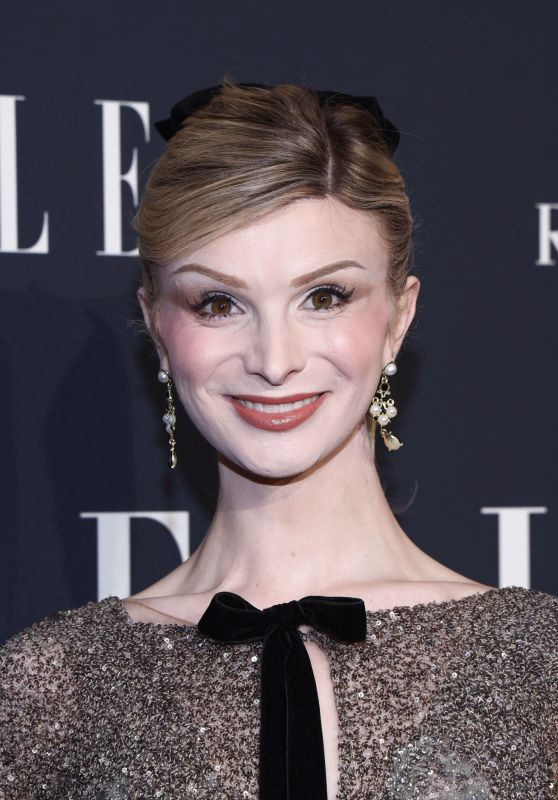
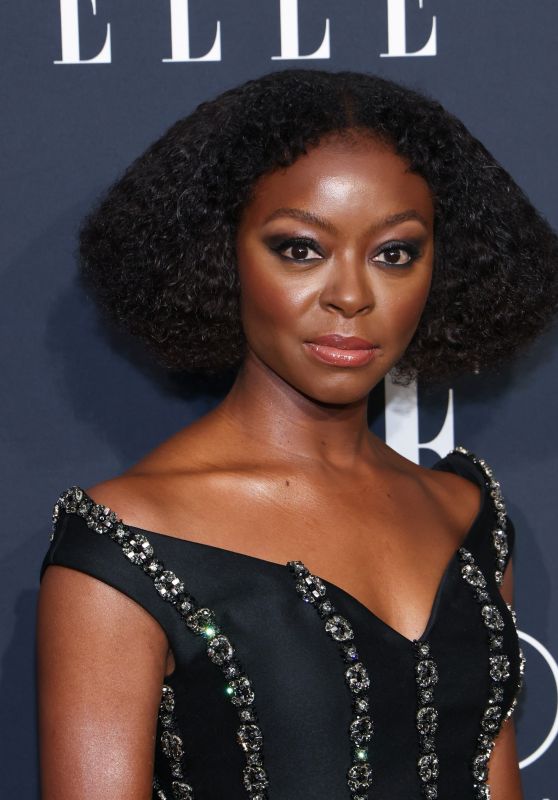


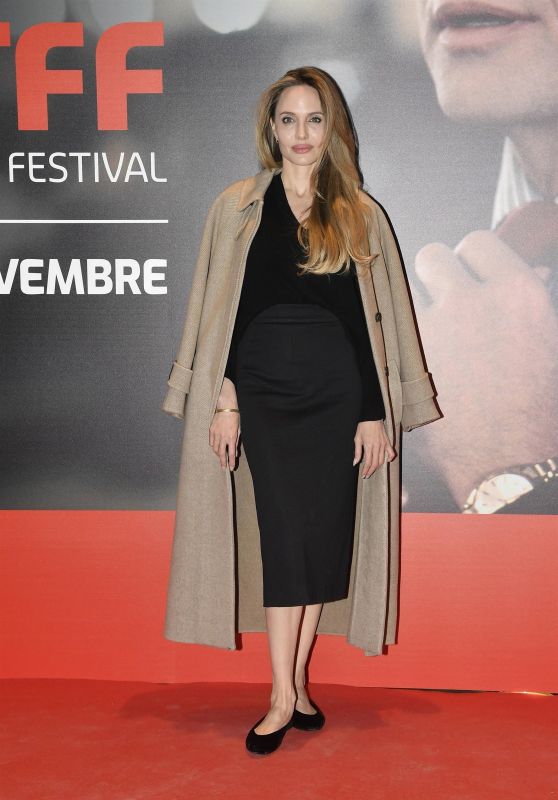







 English (US) ·
English (US) ·